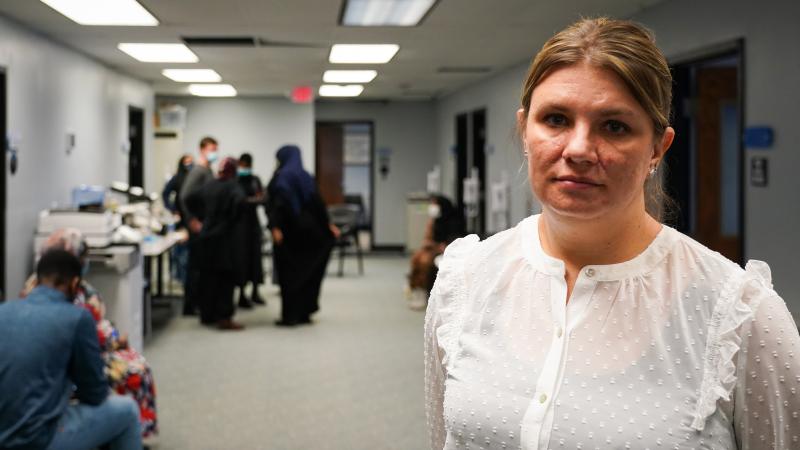California governor vetoes bill to pay unemployment benefits striking workers
State analysts say the California Employment Development Department’s unemployment insurance fund is “structurally insolvent."
California governor Gavin Newsom vetoed a bill that would have allowed striking workers to collect unemployment benefits, which in California are funded by employers.
Under current law, strikers are not eligible for unemployment benefits until the strike is finished. Were Newsom to have signed SB 799, authored by Senator Anthony J. Portantino, D – Burbank, into law, strikers would have been eligible to receive unemployment benefits two weeks into a strike.
“Any expansion of eligibility for UI benefits could increase California's outstanding federal UI debt projected to be nearly $20 billion by the end of the year and could jeopardize California's Benefit Cost Ratio add-on waiver application, significantly increasing taxes on employers,” said Newsom in a letter announcing his veto. “Furthermore, the state is responsible for the interest payments on the federal UI loan and to date has paid $362.7 million in interest with another $302 million due this month. Now is not the time to increase costs or incur this sizable debt.”
In response to the veto, Portantino reflected on the state’s ongoing uptick in mass labor disputes and strikes.
“I am disappointed in the Governor’s veto of SB 799. The labor unrest and concern we all witnessed this summer earned the Legislature’s action to pass unemployment benefits for striking workers,” Portantino said in a public statement. “The need continues and so will efforts to make this the law in California. The hardworking women and men in California need to put food on their table and pay their rent. SB 799 would have injected a small piece of security to working families that is needed and deserved.”
Republicans were united in opposing the bill, noting that unemployment benefits for employees are paid for by taxes on employers, and that if signed, businesses would be paying for their employees to go on strike.
““If there are people going on strike, let’s not … take the money business owners pay and use it to pay employees of theirs to strike against them,” said Senator Brian Dahle, R – Reading on the Senate floor before the bill’s final passing vote.
State analysts say the California Employment Development Department’s unemployment insurance fund is “structurally insolvent.” State officials also estimate there was approximately $20 billion in COVID-era unemployment fraud, which means such fraud is mostly responsible for the system’s debt. Fraud aside, the decline in business and increase in withdrawals from rising unemployment are projected to increase the fund’s debt to $20.3 billion, owed to the federal government, by 2024, meaning the system would have been on poor financial footing regardless. Under federal law, when a state has outstanding federal loans, employers pay a payroll tax surcharge that increases each year until the loans are repaid, which means California businesses are likely to face constant payroll tax increases for the indefinite future even with SB 799’s veto.
Major Democratic leaders, such as Chief Officer of the California Labor Federation, AFL-CIO Lorena Gonzalez Fletcher, directed strong words towards the governor for vetoing SB 799.
“This veto tips the scale further in favor of corporations and CEOs and punishes workers who exercise their fundamental right to strike,” Fletcher said in a public statement. “At a time when public support of unions and strikes are at an all-time high, this veto is out-of-step with American values.”
On the same day, Newsom also vetoed SB 686, a bill that would have made all those who employ domestic service workers, such as housekeepers and landscapers, fully comply with applicable occupational safety and health regulations for businesses.
“These obligations range from the requirement to establish an effective Injury and Illness Prevention Program to providing an eyewash station if household workers use chemicals like bleach, to implementing a Hazard Communication Program. Additionally, the current penalty scheme was meant for businesses and not private individuals. For a domestic employer covered by SB 686, these penalties could be up to $15,000 per violation depending on the circumstances,” wrote Newsom in his veto letter. “The households that employ domestic workers include middle- and low-income families and older Californians who require daily assistance, ranging from personal care to home cleaning to childcare. I am particularly concerned given that approximately 44% of the households that employ domestic workers are low-income themselves, that this bill creates severe cost burdens and penalties for many people who cannot afford them.”
















